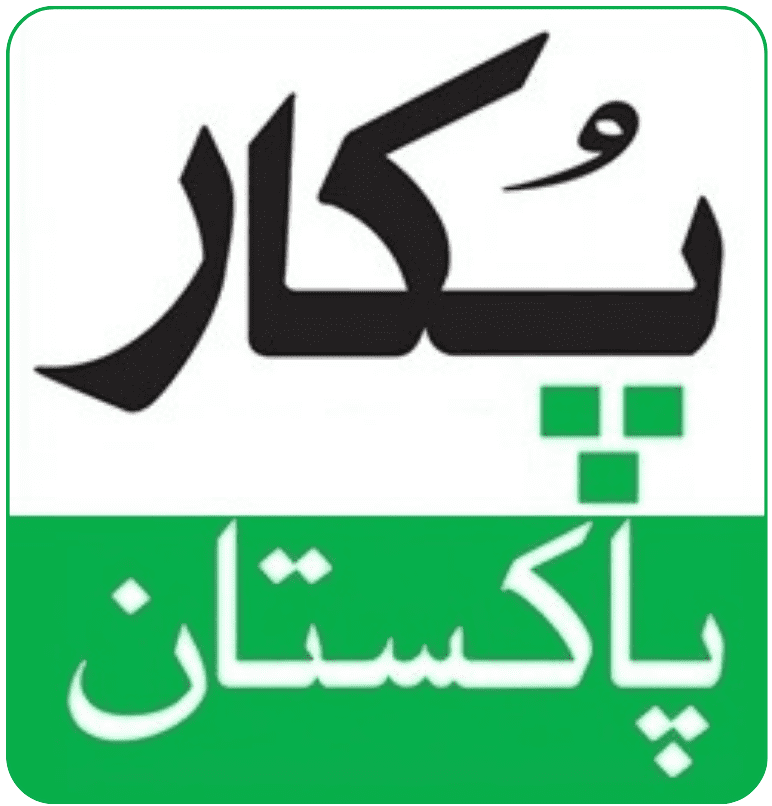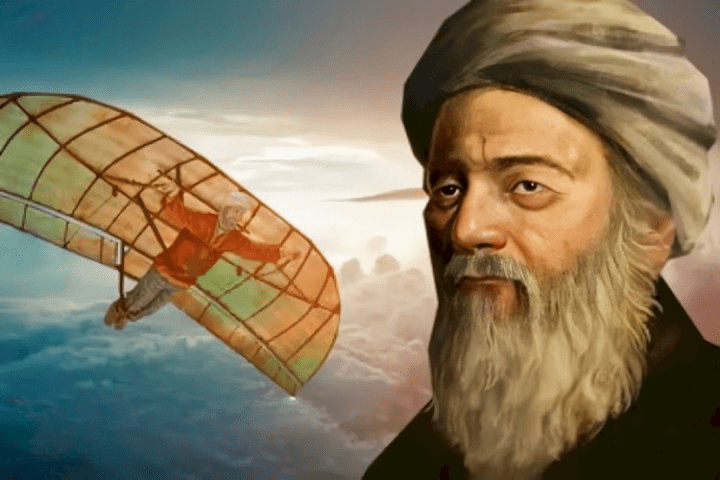Abbas Ibn Firnas: The First Human to Attempt Heavier-Than-Air Flight
Abbas Ibn Firnas, a remarkable 9th-century polymath, is celebrated as the first person to attempt and achieve heavier-than-air flight, predating modern airplanes by more than a thousand years. Born in Ronda, in what is now Spain, and later residing in Cordoba—a prominent center of learning during the Umayyad Caliphate—Ibn Firnas made groundbreaking strides in various fields including aviation, engineering, and optics.

At the age of 65 to 70, Ibn Firnas designed wings using silk, wood, and feathers, and launched himself from Jabal Al-Arus mountain in Yemen. This daring feat enabled him to stay airborne for approximately 10 minutes. Although his flight ended in a crash due to the absence of proper landing mechanisms, his attempt laid the foundation for future aviation. His design flaws led him to understand the importance of developing landing techniques, an insight that came centuries before powered aircraft.
Beyond his achievements in flight, Ibn Firnas was a skilled engineer and inventor. He created water-powered clocks, conducted experiments with quartz crystals, and developed magnifying lenses for those with impaired vision. His innovative contributions have left a lasting legacy, inspiring future generations.
Today, Abbas Ibn Firnas is honored through various landmarks, including airports and bridges named after him in Muslim-majority countries. His legacy symbolizes the rich history of scientific and technological advances made during the Islamic Golden Age. Ibn Firnas passed away between 890 and 895 AD, and some historians speculate that his injuries from his flight may have contributed to his death.
Abbas Ibn Firnas’s achievements in aviation and engineering continue to be a testament to human ingenuity and the desire to explore the unknown, making him a true pioneer of flight and innovation.




